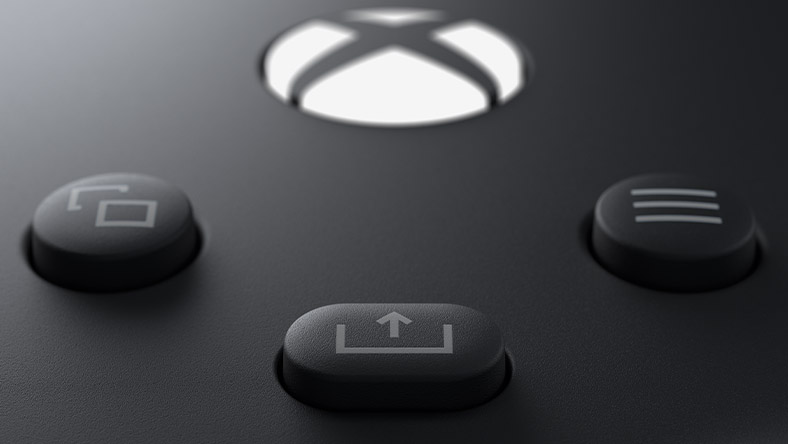Xbox Series X director throws shade at Sony PS5
Xbox Series X director accepts that the console could be faster on paper, but prefered performance consistency

Get all the latest news, reviews, deals and buying guides on gorgeous tech, home and active products from the T3 experts
You are now subscribed
Your newsletter sign-up was successful
Director of program management for Xbox Series X, Jason Ronald, has hidden a slight dig at archrival console the PlayStation 5 in an interview with Spanish site Xataka.
True, it’s a slightly nerdy dig, given it comes down to GPU clock speeds, but it’s still a gloves-off moment as far as pre-release banter goes.
- Xbox Series X vs PS5: Which is better?
- The Xbox Series S is real and gunning for the PS5 Digital
- The Xbox Series X will be "as affordable as possible"
Before we get to the quote, a little background. As you may know, on paper, the Xbox Series X is significantly more powerful than the PS5, managing 12.1 teraflops of computational power to the PlayStation 5’s 10.3. But Ronald reckons Sony’s numbers are based on a theoretical best-case scenario: while the PS5 GPU can reach 2.23GHz, it won’t all the time – while the Xbox Series X is locked at 1.825Ghz.
“We focus on optimizing the developer experience to deliver the best possible experience for players, rather than trying to 'hunt' down certain record numbers,” Ronald says. “We've always talked about consistent and sustained performance.
"We could have used forced clocks, we could have used variable clock rates: the reality is that it makes it harder for developers to optimize their games, even though it would have allowed us to boast higher TFLOPS than we already had, for example. But you know, that's not the important thing. The important thing is the gaming experiences that developers can build."
Of course, things often go beyond numbers, and how well developers use the hardware in question. On paper, the PS3 was significantly faster than the Xbox 360, yet developers clearly found the latter easier to code for, with cross-platform titles often performing better on Microsoft’s hardware.
And it’s also worth reflecting on the fact that both machines reaching double-figure teraflops is a pretty big deal in itself. For reference, the Xbox One X boasts 6 teraflops of power, while the PS4 Pro managed 4.2. In other words, both consoles are going to be extremely powerful, so this may be more about bragging rights than actual performance.
Get all the latest news, reviews, deals and buying guides on gorgeous tech, home and active products from the T3 experts
In fact, the single most important number is the one with a dollar sign in front of it, and neither Microsoft nor Sony have committed to a price at this point. The raw hardware cost in both is undoubtedly high, but neither party wants to be undercut, as historically whoever has the higher price sells fewer units.
Both Sony (PS3) and Microsoft (Xbox One) have learned this lesson the hard way, so hopefully both will surprise us by absorbing costs and launching with tempting launch prices when the machines ship later this year.